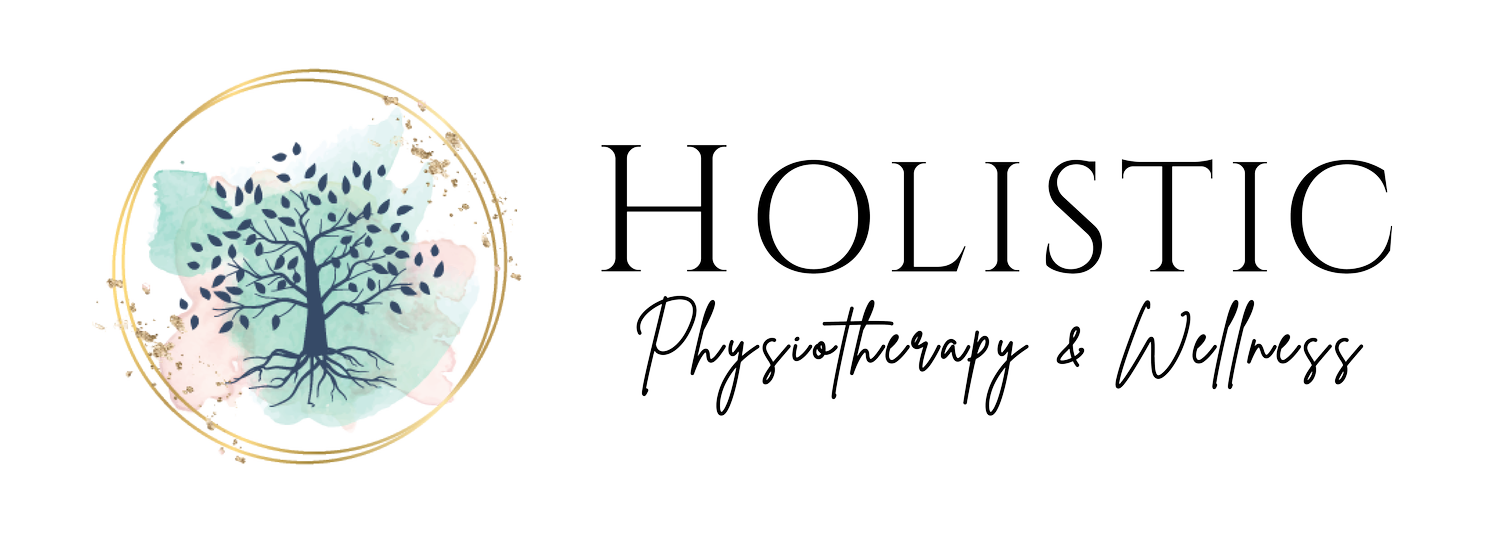Vitamin D: An essential building block & the “sunshine” vitamin
Written by Madolyn Linka | December 16, 2019
You might have heard of Vitamin D, also known as the “sunshine” vitamin at some point in your health journey. I’m going to unpack some facts about this important vitamin as it pertains to our wellness, especially as we navigate some of the longest nights and shortest days of the year leading up to the winter solstice (December 21).
Almost 50% of the worldwide population is affected by vitamin D deficiency. That equates to approximately 1 billion people across all ethnicities and age groups. Which means that it isn’t just a northern climate issue at all, having enough vitamin D effects all humans in all various environments.
Simply put, vitamin D is a fat-soluble vitamin that acts as a steroid hormone in our body. In humans, the primary source of vitamin D is UVB-induced conversion of 7-dehydrocholesterol to vitamin D in the skin aka. UVB rays which is SUNSHINE! Vitamin D is firstly found on the skin but is activated by sunshine typically between 1000-1500 hours in the spring, summer, and fall. Vitamin D produced in the skin may last at least twice as long in the blood compared with ingested vitamin D, which makes it important to bank for the winter months in Saskatchewan.
There are many factors that can influence how much or little vitamin D we produce based on how much UVB rays our skin actually absorbs. Groups that are at typically at risk for vitamin D insufficiency are breastfed infants, older adults, people with limited sun exposure, people with darker skin tones, people with fat malabsorption, and people who have undergone gastric bypass surgery. Vitamin D influences the bones, intestines, immune and cardiovascular systems, pancreas, muscles, brain, and the control of cell cycles. Some clinical benefits of vitamin D have been seen to effect some chronic diseases such as cancer, heart disease, hypertension, obesity, type 2 diabetes, depression, Parkinson’s disease, fractures and falls, autoimmune disease, and the flu.
Vitamin D is ESSENTIAL, meaning our body can’t produce it by itself with the building blocks we already have in our cells, we absolutely need to get it from another source – like the sun, our diet or supplementation. Some foods such as dairy milk are fortified with vitamin D but supplementation is always a good way to know that you are getting enough on a daily basis, even if your diet changes or allergies/intolerances are an issue. A good quality supplement is always what I recommend as a chiropractor for adequate and nutrients for proper functioning, but it is always a good idea to check with your primary healthcare provider before making major changes to any medication or supplementation regimen. On average about 4000IU/day is recommended for everyone over 8 years of age and infants at a lower dose of 100UI/day.
Even though we all need vitamin D as a human race, we all live in various environments, eating a multitude of diets, and living different daily schedules. Getting out to feel the sunshine on your face in the winter months is so important, but often times it’s not enough. Make sure to supplement daily to give yourself the very best building blocks for your health & wellness.
Madolyn Linka
Reference: Vitamin D: The “sunshine vitamin. Rathish Nair, Arun Maseeh. Journal or Pharmacology. 2012 April-June. https://www.ncbi.nlm.nih.gov/pmc/articles/PMC3356951/


